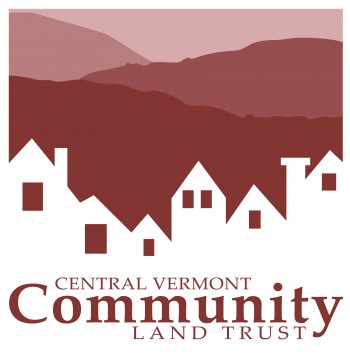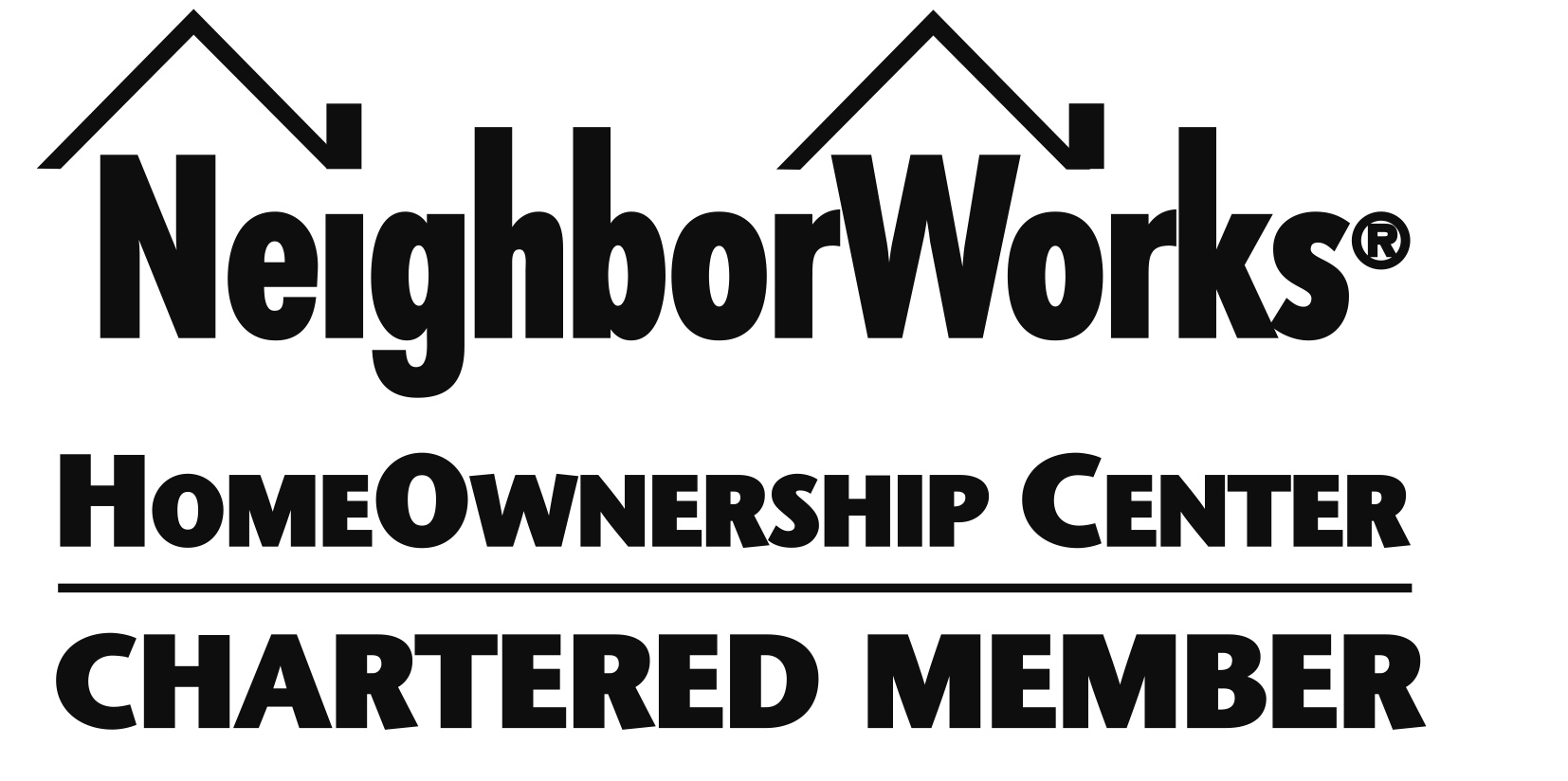Frequently Asked Questions
Do you have a question and you're unsure where to find the answer? Look no further -- this is a list of frequently asked questions about Downstreet and our mission and services. We're pretty sure your question will be answered here, but if not, please feel free to contact us.
Yes, we are a registered 501c3. We view affordable housing as a home environment that costs no more than 30% of the total household income. We strive to ensure that all of our customers, from rental tenant to home-owners, achieve and enjoy a living situation that works for them, their family, and their budget. Our portfolio includes the following types of apartments: Our NeighborWorks HomeOwnership Center offers down-payment assistance to help potential home-owners overcome the most common barrier to owning a home: the 20% down-payment needed to secure a mortgage. Downstreet's services span across Lamoille, Orange, and Washington Counties (Central Vermont). The our rental apartments exist in all three counties. Our HomeOwnership Center as well as our Support & Services at Home (SASH) program also assist and serve Vermonters across all three counties. We serve the people who live and work in our communities: teachers and nurses; construction workers and bus drivers; hospitality workers, and customer service specialists. Some are young and just starting out in life, while others are elderly or disabled. Some have experienced homelessness, and others are long-time homeowners. Our customers come from all walks of life, but one thing they all share is the strength and courage to advocate for themselves and ask for the help they need on their path to a fulfilling life. Our participants are essential to our local economies and communities, but more importantly, they are our friends and neighbors, and we are here to address their housing challenges at any stage or situation. We are responsible for 860 apartments and 36 commercial spaces housed across 69 different buildings, in addition to maintaining 85 mobile home lots. All of these properties reside within Lamoille, Washington, and Orange counties. Specifically, our rental properties reside in the following towns: Barre, Bradford, Cabot, Jefferson, Johnson, Montpelier, Morrisville, Stowe, Waterbury, Waterbury Center, Waitsfield, Warren, and Williamstown. Yes, despite being a non-profit 501c3, we do pay taxes on our properties that we manage, including mobile home lots. Downstreet is proud of our ability to contribute to the tax rolls and support needed services and the economic revitalization of the area. As a non-profit organization, we have a range of funding sources. We rely on philanthropic donations to support our current programs and help us curate new approaches to better serve our clients and our communities. Learn more about how you can help. As a property manager, we also collect rent from all of our residents. The rent collected goes to cover staff costs to manage our properties and assist our customers. We also receive developer fees for housing development projects that we complete. These developer fees are provided through the investment capital gathered to fund the project, ranging from federal, state, local, and private entities. These developer fees are a critical element of our operating model. Each exploratory process involves multiple steps and can last months to years depending on the complexity of the potential project, accruing costs along the way, ranging from thousands to hundreds of thousands of dollars — a cost Downstreet must solely cover in the event the potential project idea is withdrawn. And finally, we receive funds from a variety of local municipalities, state low-income tax credits and grants from organizations such as the Vermont Housing and Conservation Board, and national sources like NeighborWorks America. Our methodology for determining our next development project involves multiple layers but to put simply, we listen, research and collaborate. LISTEN RESEARCH Most notably, the main themes that we look for are: 1) existing infrastructure (water/sewer/electricity/etc.), 2) housing demand, 3) local governance buy-in, 4) efficient funding COLLABORATE As a mission-based organization, we wish we could provide solutions for every problem and need our communities face. Unfortunately, many of our projects can take years or even decades from conception to completion, and we need to be strategic in choosing where to focus our energy and resources. Understanding and appreciating what is possible within our capacity has allowed us to hone our skills in managing long-term horizons while staying mindful of our focus. Yes! We used to be called Central Vermont Community Land Trust (CVCLT). In 2015 we changed our name to better reflect our organization's services.
No one understands the needs of a particular community better than those who live in it. We encourage extensive community engagement in order to direct and focus our attention where it is needed most.
We deeply explore the challenges and opportunities in the area and we carefully consider and research solutions. This is accomplished through continued engagement with the community, as well as commissioned assessments and market research, most often when planning real estate development projects. These efforts provide a more comprehensive understanding of the current situation and the most viable approaches to affecting positive change.
We are fortunate to have access to Vermont’s network of dedicated and talented individuals and organizations, and we believe that combining our respective strengths is the best way to serve our communities. Collaborations and partnerships are key ingredients to successful projects that provide real progress.

